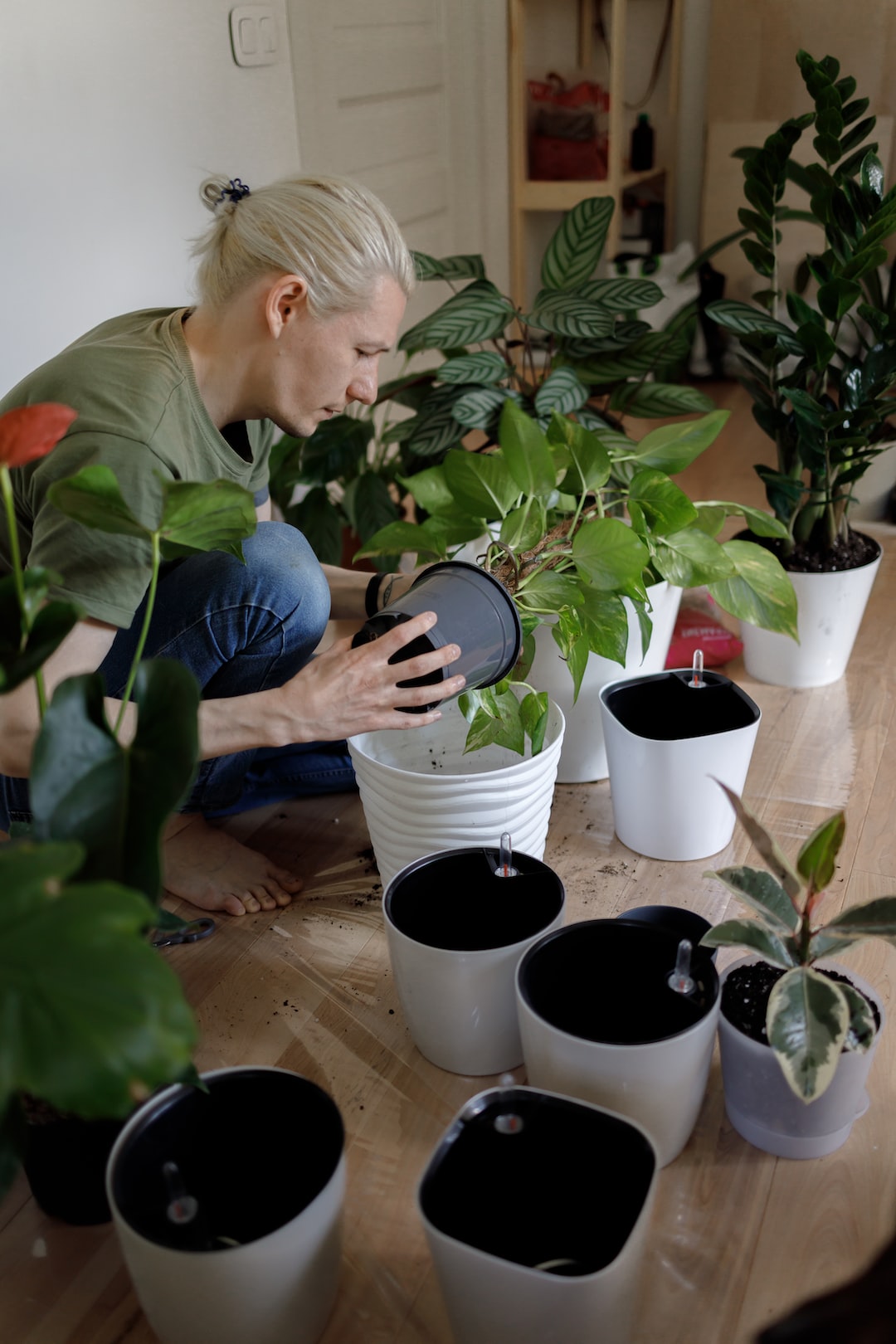Exploring the Art of Painting: Tips and Techniques for All Skill Levels
Painting is a beautiful and creative form of self-expression that offers endless possibilities to explore. Whether you are a beginner or an experienced artist, there is always more to discover and learn in the world of painting. In this blog post, we will share some valuable tips and techniques that can benefit painters of all skill levels.
1. Choose the Right Materials:
First and foremost, it is essential to have the right materials to support your artistic journey. Invest in good-quality paints, brushes, canvases, and an easel. Experiment with different mediums like acrylics, oils, or watercolors, and discover which one resonates with you the most.
2. Start with Simple Subjects:
If you are a beginner, it is advisable to start with simple subjects before diving into complex compositions. Flowers, fruit bowls, or simple landscapes are great subjects to practice basic techniques such as color mixing, brush control, and composition.
3. Learn Color Theory:
Understanding color theory is crucial for creating harmonious and visually pleasing paintings. Learn about primary, secondary, and tertiary colors, as well as complementary and analogous color schemes. Experiment with different combinations of colors to expand your understanding of their effects.
4. Master Brush Techniques:
Brush control plays a vital role in achieving desired effects in painting. Practice different brush strokes – from broad and bold strokes to delicate and fine lines. Experiment with various brushes, such as flat, round, and fan brushes, to explore their unique qualities and textures they can create.
5. Explore Different Styles:
Don’t be afraid to venture into different painting styles to find your own artistic voice. Try realist, impressionist, abstract, or any style that resonates with you. By exploring various styles, you can gain a deeper understanding of different techniques and find inspiration for your own unique style.
6. Experiment with Techniques:
There are countless techniques in painting that can add depth and interest to your artwork. Try techniques like glazing, dry brushing, stippling, or impasto to create different textures and effects. Experimentation is the key to discovering new possibilities and pushing the boundaries of your creativity.
7. Study From Masters:
One of the best ways to improve your skills as an artist is by studying the works of the masters. Visit art museums, galleries, or explore online resources to learn from the great masters of painting. Analyze their brushwork, composition, use of color, and overall artistic approach to gain inspiration and insights.
8. Find your ‘Happy Place’:
Creating art should be a joyful and fulfilling experience. Find a comfortable space where you can fully immerse yourself in your painting practice. It could be a dedicated art studio, a corner in your room, or even an outdoor setting. Surround yourself with inspiring artwork and create an environment that sparks your creativity.
9. Seek Feedback and Learn from Mistakes:
Don’t shy away from seeking feedback on your artwork from fellow artists, instructors, or even online communities. Constructive criticism helps you grow as an artist and offers insights into areas that need improvement. Embrace mistakes as stepping stones to success and learn from them to refine your skills.
10. Practice Consistently:
Lastly, like any skill, painting requires regular practice. Set aside dedicated time each day or week to hone your skills. Practice techniques, experiment with different subjects, and challenge yourself to push beyond your comfort zone. The more you paint, the more you will discover and refine your artistic abilities.
Painting is a journey of self-discovery and lifelong learning. Whether you are a beginner or an experienced artist, these tips and techniques will help you explore the art of painting and unlock new creative horizons. So, pick up your brush, embrace your artistic spirit, and let your imagination come alive on the canvas!

